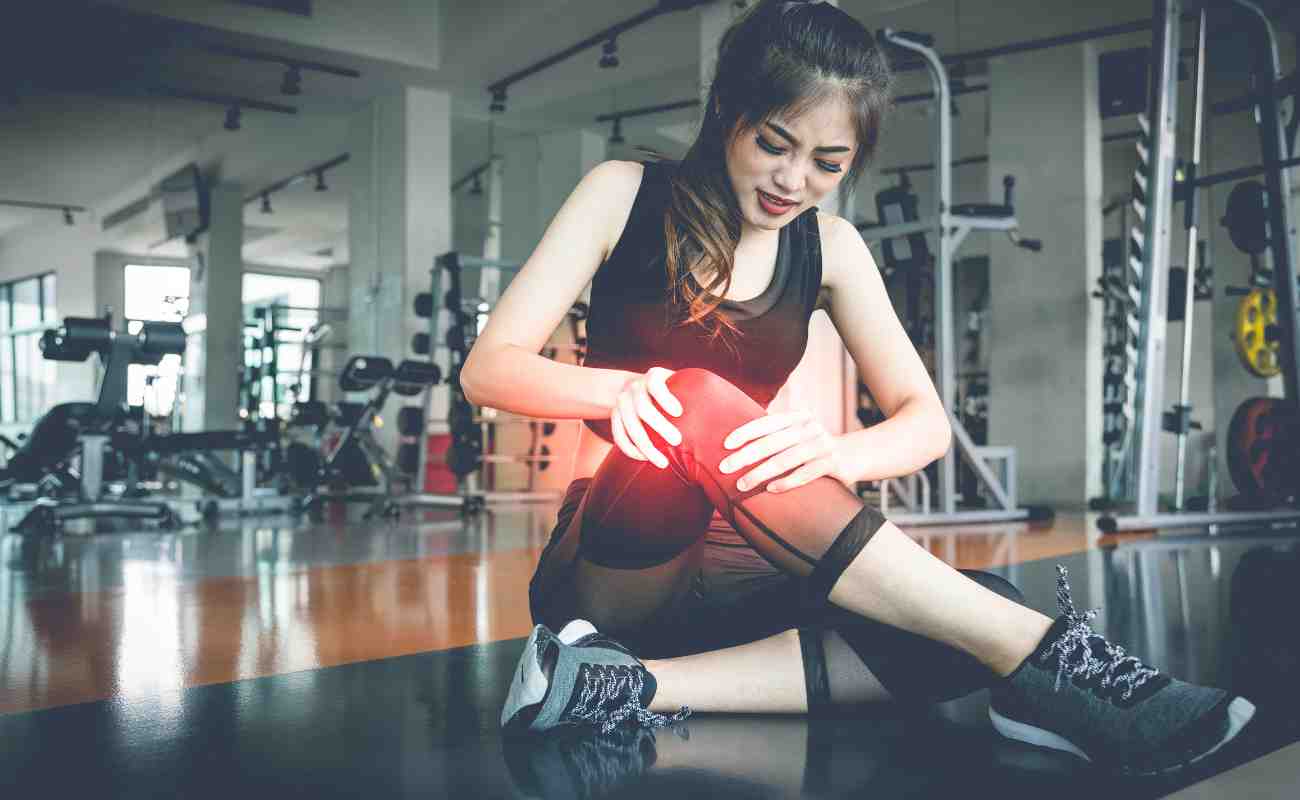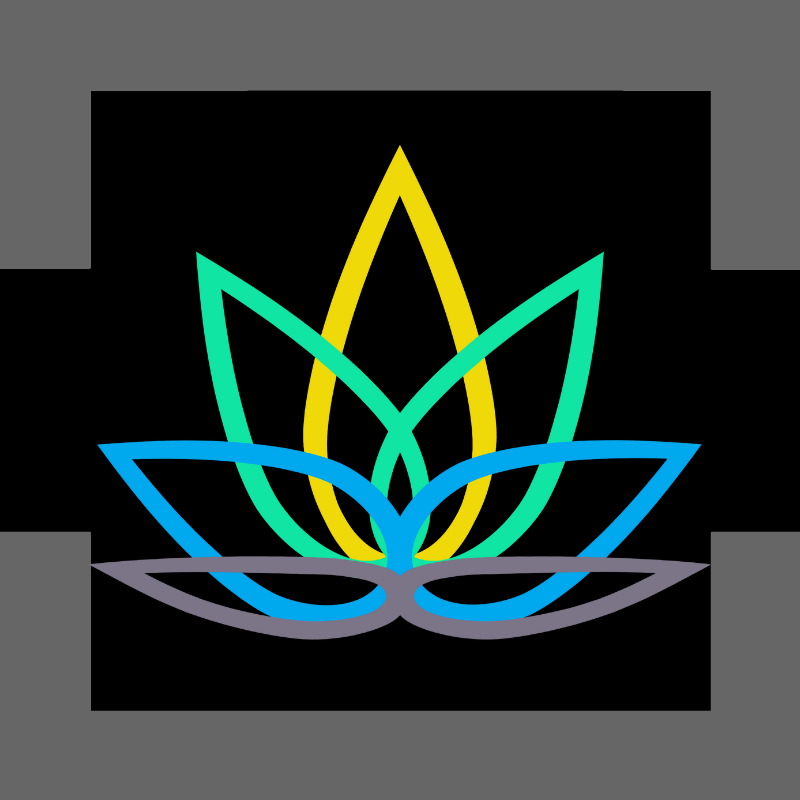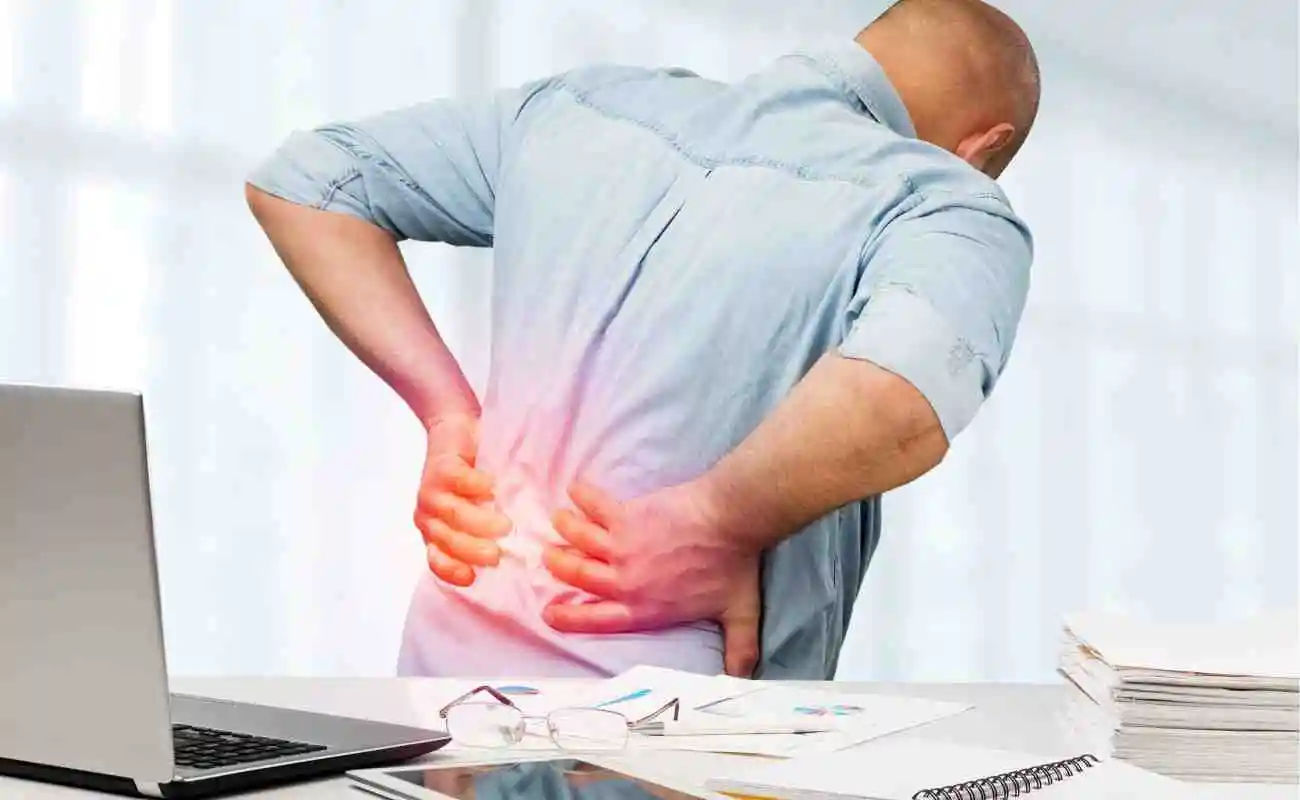
Exercising During an Injury and Post Injury
Why Warm – Up: The ultimate goal of a warm up during rehabilitation after an injury is to reach the point known as the competition zone. This is “the zone” where the athlete is most warm and ready to complete their sport. For individuals who are not regularly training or participating in activities to reach their competition zone is reached quickly. However, for an advanced level athlete it takes a little while longer. This is simply because their muscle activation and neural prep takes longer to activate. Warming – up is very important as it increases core temperature, improves muscle elasticity, increases metabolic rate, increases neural conduction and increases mental preparedness.
There are many different types of warm ups. These include general; which are large muscle oriented and the goal is to increase body temp, specific; which is to enhance neural activity, preparation and the goal is to include movements part of your sport. There is another way of warming up called Passive warm ups. This includes the use of clothing and heat modalities to warm the body up.
Exercises with the Physiotherapist (During an Injury)
The steps for injury rehabilitation take a long time depending on the injury sustained. Many common injuries include lower back injuries, rotator cuff injuries, foot and ankle injuries, wrist and elbow injuries and knee injuries. Some exercises performed with the physical therapist are as follows: *(These are samples and exercises will differ based on injury) *
Wrist and Hand
– Mostly using finger grips at different resistances, putty grip exercises, wrist flexion/extension exercises with a theraband and wax
Rotator Cuff Exercises (Shoulder)
| Exercise Order | Exercises | Set 1 | Set 2 | Set 3 | Rest |
| 1 | Shoulder Retractions | 10 | 10 | 10 | 15s |
| 2 | Shoulder Rows | 10 | 10 | 10 | 15s |
| 3 | Shoulder Abduction | 10 | 10 | 10 | 15s |
| 4 | Shoulder Flexion | 10 | 10 | 10 | 15s |
| 5 | Shoulder External Rotation | 10 | 10 | 10 | 15s |
Lower Back Exercises
| Exercise Order | Exercises | Set 1 | Set 2 | Set 3 | Rest |
| 1 | Bird Dog | 30s (per side) | 30s p/s | 15s | |
| 2 | Superman | 30s | 30s | 15s | |
| 3 | Glute Bridge | 1 min hold | 15s | ||
| 4 | Glute Bridge on Ball | 10 | 15s | ||
| 5 | Planks | 30s | 15s |
Foot and Ankle Exercises
– Exercises will be completed on wobble boards, bosu balls, theraband steps, step up boards and pro stretch pedals. Bikes and treadmills are also used
Knee Exercises
Sample Warm Up (Post Injury)
| Warm Up | Exercises | Set 1 | Set 2 | Set 3 | RPE | Rest | Tempo |
| 1 | Powerband Eagle | 10PS | 15s | ||||
| 2 | Powerband Quad | 10PS | 15s | ||||
| 3 | Powerband Hip Extension | 10PS | 15s | ||||
| 4 | Jog | 2 Minutes | 5 | 30s | |||
| 5 | Walk Lunge | 10 M | 10 M | 5 | 30s | ||
| 6 | Lawn Mowers | 10 M | 10 M | 15s | |||
| 7 | Jump Squats | 5 | 5 | 5 | 5 | 30s | X |
Sample Workout Exercises (Post Injury Lower body)
| Workout | Exercises | Set 1 | Set 2 | Set 3 | RPE | Rest | Tempo | Comments |
| A1 | Depth Jumps | 3 | 3 | 3 | – | 30s | X | Plyometric |
| B1 | Banded Squat Jumps | 5 | 5 | 5 | – | 30s | X | Plyometric |
| C1 | Back Squats | 10 | 10 | 10 | 6 | 1min | 2:0:1:0 | Complex Full Body |
| D1 | RDL | 10 | 10 | 10 | 6 | 1min | 2:0:1:0 | Hinge Movement |
| D2 | Step Downs | 6PS | 6PS | 6PS | 6 | 2:0:1:0 | Quad | |
| E1 | Lying Ham Curl | 10 | 10 | 10 | 6 | 1min | 2:0:2:0 | Hamstring |
| F1 | V-Ups | 15 | 15 | AMAP | – | 30s | X | Core |
Why is Exercising Important?
Physical activity done for 30 mins a day for 5 days a week can greatly improve the overall health of people. Exercising can improve health and reduce the risk of developing Non communicable diseases like; CVD, Obesity and Diabetes. Being physically active can provide immediate long-term effects and improve the quality of life of individuals. In a physiotherapy setting conducting and completing exercise’s main goal is to strengthen the area around the joint. This helps provide stabilization so the risk of re-injuring the muscle or joint is low. Strengthening joints and muscles also increase flexibility and as people age it will reduce the risk of falls.
Why Cool Down?
Cooling down after an exercise will help reduce fatigue and soreness, aid in muscle recovery, facilitate muscle relaxation and enhance flexibility. This is normally 10-20 mins after an exercise and would include static and dynamic stretches. There are other recovery aids to cool down. They include but are not limited to; massages, ice baths, cooling packs, hot/cold showers etc.
Immediate Help through Physiotherapy for Exercises and Warmups:
Do you know how to stretch lower back? Wondering how to stretch without injuring further? Do you know how to relieve neck and shoulder pain through stretches? Do you know how to improve flexibility and how to increase flexibility before you perform any exercise? Or how to increase ROM (increasing range of motion) at and through warmups? Wondering how to loosen a lower back before exercises? How about how to loosen up a stiff back? Want to know how to relax neck muscles after whiplash? Or perhaps something intricate such as how to release trapped blood in muscles or how to relieve lactic acid in legs!
You may want to know how to warm up before exercise at home! Or may be searching for how to stretch lower back male or female! Perhaps curious about how to cool down after yoga! May be wanting to know about how to gain flexibility. Or wanting to know how to improve balance and coordination through exercises.
At Curezone Physiotherapy, our physio experts in Mississauga and Oakville can teach you from how to stretch back to how to relieve tight lower back muscles or how to loosen tight lower back muscles to how to stretch back of thighs! Simply put, if you are searching for “how to relieve” from any kind of pain, contact us to start your recovery journey. They can even help you with knowing how to stop knee brace from moving during exercises. Call us or book an appointment online with our expert physiotherapists.
Stretches and Warmups Training Mississauga:
Physiotherapy Clinic Mississauga – Curezone Physiotherapy, Heartland Mississauga.
Physiotherapy Clinic Erin Mills – Curezone Physiotherapy, Erin Mills Mississauga.
Stretches and Warmups Training Oakville:
Physiotherapy Clinic Oakville – Curezone Physiotherapy, Burloak Oakville.





